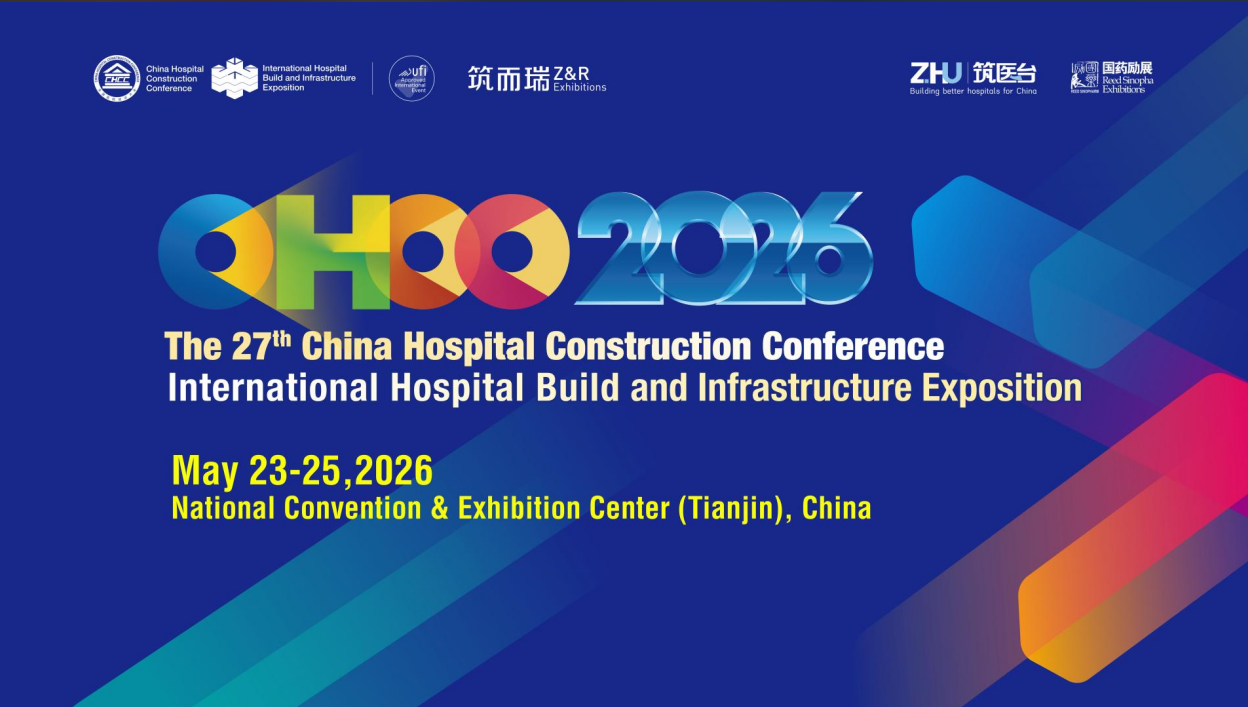China's AI Healthcare Revolution: Smarter, More Efficient Hospitals by 2027
China is rapidly transforming healthcare through artificial intelligence, creating hospitals that are smarter, more efficient, and increasingly patient-centered. Provinces such as Zhejiang and Hubei are leading the way, integrating AI across clinical care, hospital management, and public health.
Zhejiang's 2027 AI Healthcare Hub: Shaping Smarter, More Efficient Hospitals
By 2027, Zhejiang plans to establish a national hub for AI in healthcare, centered on the “Anzhneer”medical model. This initiative will bring together an ecosystem of intelligent medical applications, supported by more than 50 high-quality datasets and disease-focused models. At least 10 core AI technologies are expected to move into commercialization, with over 100 real-world use cases rolled out across six sectors: the public, physicians, hospitals, research, industry, and government.
Smarter Public Health
Zhejiang is advancing its Digital Health Person/Anzhener program to give every individual access to a lifelong “digital doctor.” This service cluster will cover the entire care journey, from prevention to treatment. Wearable devices and AI-powered applications will also be promoted, with tailored services for groups such as seniors, pregnant women, and young children.
AI in Clinical Practice
To improve care for common, chronic, and complex diseases, Zhejiang is accelerating the development of AI tools in imaging, pathology, ECG, and endoscopy. These solutions will be clinically validated and integrated into a multidisciplinary AI decision-support system. Intelligent medical robots will also see wider use in surgery, rehabilitation, and nursing.
Future-ready Hospitals
Zhejiang is investing in “future hospital” models across seven innovation areas: infrastructure, healthcare, services, management, research, environment, and ecosystem. By combining AI with other emerging technologies, hospitals will strengthen diagnostics, enhance the patient experience, raise management efficiency, and support collaborative research—paving the way for fully connected, intelligent, digitally twinned hospitals.
Read more:
https://wsjkw.zj.gov.cn/col/col1229560650/art/2025/art_dcf9024b426f42d09189057fa7636b7f.html
By 2027, Hubei Aims for Full AI Adoption in Public Healthcare Institutions
Hubei Province has issued the Implementation Plan for Accelerating the Application of Artificial Intelligence in Healthcare (2025–2027), aiming to build a hub for AI and healthcare innovation through policy support and technology-driven applications.
By the end of 2025, the province plans to establish standardized, shareable healthcare datasets, develop a large-scale vertical AI model for the healthcare industry, create over 10 scenario-based healthcare models and 20 application models for specific use cases, and set up three demonstration hospitals.
By 2027, all public healthcare institutions in Hubei are expected to deploy AI applications, while demonstration hospitals will achieve full coverage across four areas: patient services, clinical care, hospital management, and public health management.
Read more:
https://wjw.hubei.gov.cn/zfxxgk/zc/gkwj/ybxwj/202408/t20240826_5314818.shtml
These initiatives highlight the strategic importance of AI in improving operational efficiency, clinical outcomes, and patient experience. Hospitals can leverage AI-driven models to optimize workflows, reduce costs, and implement predictive, data-driven decision-making. Collaboration with China’s emerging AI healthcare hubs presents opportunities for knowledge exchange, technology partnerships, and access to cutting-edge solutions in smart hospital design and management.
CHCC2026 will be held on May 23–25, 2026, at the National Exhibition and Convention Center (Tianjin), featuring 8 halls and 40 themed zones that comprehensively showcase solutions for the entire hospital construction project lifecycle. Among them, the S16 AI Technology Innovation Pavilion will present five dedicated zones:
1. Comprehensive Medical Robotics Application System Solutions Zone
2. Academic–Medical Tech Transfer Solutions Zone
3. Large-Scale AI Model Solutions Zone
4. Cutting-Edge Medical Technology Innovation Solutions Zone
5. Technology Innovation Demonstration Zone.
We welcome you to visit the show and claim your free expo ticket via https://reg.reed-sinopharm.com/pc/#/login?id=25aa73cabd5b411c9052360160ba58e3&channelUuid=48a417d19e124d149b292df50a8c3669.
Subscribe to our newsletter
Get updated news about CHCC by subscribing CHCC newsletter.
-
 Read moreIndustry News 2025.09.04
Read moreIndustry News 2025.09.04Every Renovation Dollar Matters: Your Easy Step-by-Step Guide
At Nanjing Hospital of Traditional Chinese Medicine, a structured approach using the PDCA cycle and PDPC method shows how hospitals can turn renovation from a risk into an opportunity.
-
 Read moreIndustry News 2025.09.04
Read moreIndustry News 2025.09.04Creating a Child-Centered Hospital: Lessons from Children's Hospital of Chongqing Medical University
Its approach offers valuable insights for hospital leaders worldwide who are seeking to balance efficiency, patient experience, and family-centered care in pediatric settings.







